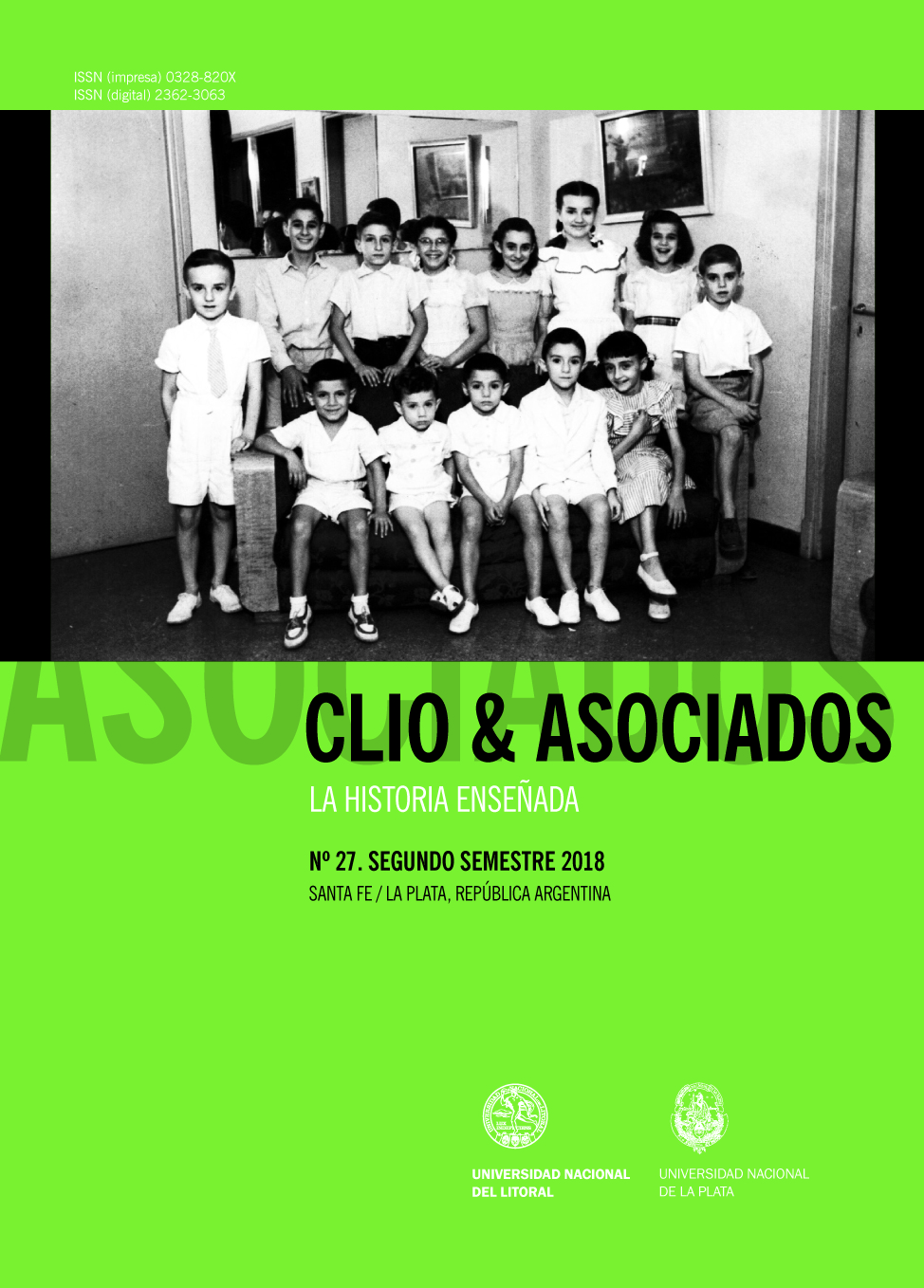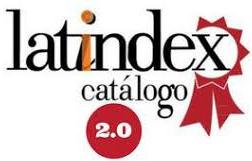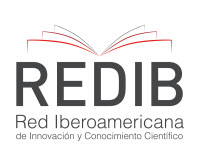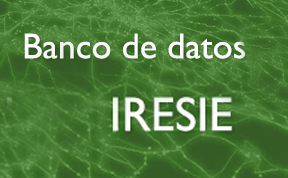Debates in historiography and in research on teaching history about cognitions and emotions
DOI:
https://doi.org/10.14409/cya.v0i27.7617Keywords:
teaching of history, emotions, cognitions, historiographyAbstract
The aim of this work is to deal with cognitions and emotions in historiography and research on the teaching of history, in order to identify key discussions and catch a glimpse on possible paths for teaching. The first part sets forth the history of emotions by pointing out four transversal discussions: if emotions should be explained in universal terms or as cultural constructs; differences found in the definition of basic categories; lack of relation between cognitions and emotions; and the incipient status in the history of emotions. In the second part the most recent states of knowledge in the teaching field are analyzed, showing that research has basically been focused on cognitive categories, and that emotionality has emerged in dribs and drabs associated to the motivation for learning and to the subjects considered main characters as tools that help to improve memory; and as a connecting tool between history and the life of students. In a tangential way, it was found in studies on identities, memory and empathy with no explanation between relations cognitions and emotions.









